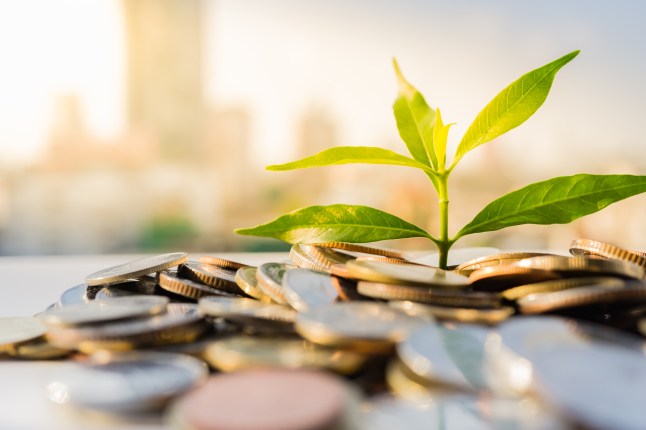
While climate action stalls and diversity policies are rolled back across the world, Bevis Watts CEO of the UK’s leading sustainable bank Triodos sheds light on how you can align your finances towards a greener and fairer future with ethical savings and investments.
Last year was the hottest on record.
The world’s nations pledged in Paris in 2015 to keep global temperature rise below 2C above pre-industrial levels and to pursue efforts to limit it to 1.5C. But last year, the annual temperature passed the 1.5C limit, and last month experts announced the 2C target – critical to avoid devastating climate breakdown – is at risk.
Despite this, too many political leaders act as if there’s no climate crisis at all and daily rollbacks on climate policy can leave us feeling powerless.
However, we still hold the power to drive positive change through our financial choices if we so choose. Now more than ever, you might feel it is time to ensure your money is contributing to the future you wish to see. Do you want to see us transition to a fossil fuel-free world? Do you want to see the clean energy revolution come to life? Do you want to stand up for an inclusive society? Then it’s time to explore ethical savings and investments.
The global backtrack on climate change policy

In January, with the LA fires still burning, Donald Trump took to the White House and withdrew from the landmark Paris Agreement – again.
Triggered by Trump’s return to office, the banking sector’s climate commitments have taken a significant hit. Major US banks have left the Net Zero Banking Alliance, a UN-backed coalition that was supposed to unite banks on a path to net zero emissions by 2050.
Climate action is better when everyone is involved; but for now, more progressive banks will have to lead the way on what impactful climate finance really looks like.
Meanwhile, big global corporates have begun abandoning diversity, equity and inclusion policies in what also feels like a backward move for those of us who believe in human dignity and fair access to opportunity for all.
We also see governments, including the UK’s, wrestling with how to deliver prosperity through economic growth and environmental targets, with the third Heathrow runway at the forefront of that debate.
The US regression on climate in particular leaves those of us dreaming of a more sustainable, fairer future in the lurch.
The science is clear – why are world leaders running in the wrong direction?
You can choose how your money is invested
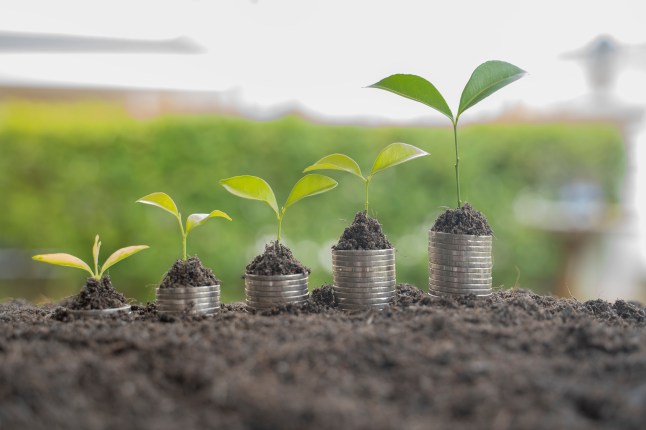
The actions of policymakers and governments are crucial. However, as individuals we also hold immense power in what we do with our finances.
Collectively, we hold the key to unlocking a whole world of positive impact by choosing where we put our money and what it funds. The money that you save, through an Isa for example, isn’t locked away in a bank vault. Your bank, investment provider or building society will add it to the pot of money that they lend out to businesses, organisations or individuals.
According to Make My Money Matter – a campaign fighting for better awareness of where our money goes – there are shocking amounts of money going to finance fossil fuels, deforestation and other areas that you might struggle to square with your conscience. You can change this.
By selecting a sustainable bank, you can start funnelling your money towards projects and businesses that have a positive impact on people and the planet.
While you’re saving or investing for your future – whether that be to buy a house, taking a holiday, or just for a rainy day – you can also be making a difference.
Switching your current account, savings, investments and pension to ethical providers adds to a wave of change powered by collective action.
Be the change you want to see
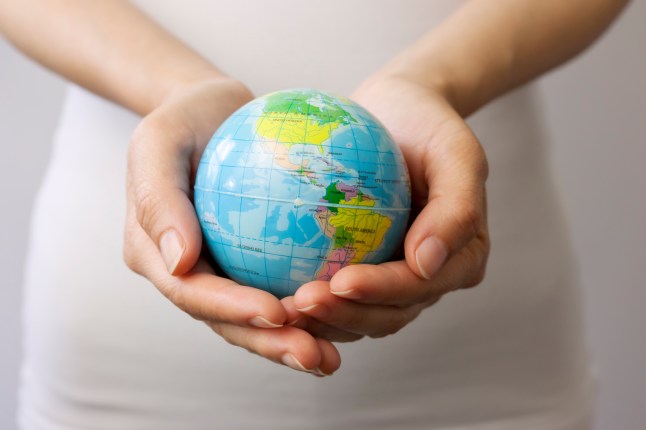
Want to be part of the change? With the new tax year approaching and the annual Isa allowance resetting, now’s the perfect time to invest in a sustainable future and think about what your Isa is doing.
Firstly, it’s important to consider which option is best for you, so do your research. Independent advice guides such as Ethical Consumer, Which? and Bank.
Green offer rankings on current accounts, cash Isas, stocks and shares Isas and innovative finance Isas – so you can see how your current provider ranks and check out any better options for you and your values.
If you’ve got money you’re happy to put away for five years or more, an investment Isa could give you a better chance of making returns above the inflation rate. Impact investing, including investing in a stocks and shares Isa, connects investors with entrepreneurs and businesses working to create a better world.
An innovative finance Isa allows you to hand-pick investments for even greater control about the causes you support. That could be a charity, nature-based initiative, or a trailblazing brand. For example, Triodos Bank recently launched a new crowdfunding offer for the interiors B Corp brand House of Hackney, supporting its goal of becoming a measurably regenerative business.
B Corp businesses are those certified to higher than usual social and environmental standards.
With any investment Isa, you should keep in mind that all investments contain risk and you may not get back what you put in.
This is just one example of how your money could support business paving the way for a more sustainable future, even when governments are lagging behind.
It takes resilience to stay hopeful about the fight against the climate crisis when we watch those in charge take steps in the wrong direction.
The money in your bank changes the world, for better or worse.
By joining the ethical banking movement, you can both use your money to fund a better future and signal to world leaders that they must do better.
For some, it feels good to take a step in the right direction and use the power of your finances for good.
‘MY MONEY WON’T CHANGE THE WORLD, BUT IT CAN HELP’
Rosie Murray-West hears from investors for whom values are every bit as important as returns.
‘My money is not going to change the world,’ says poet Caroline Burrows, from Bristol. ‘But at least I can choose something where I have more control about where my money is going, what it is doing and how it is sustainable.’
Caroline, 50, is one of many savers and investors who will be choosing to use their Isa allowance to reflect their values and principles this year. She has picked a cash Isa with Triodos, which promises to use customers’ money to affect positive change. Triodos publishes details of all the loans it makes, which include money for projects ranging from a farm shop in Bristol, a community wind turbine on the Isle of Barra and a Buddhist centre in Cheshire. Although the cash Isa rate at Triodos is lower than with other providers – 2.85 per cent for easy access and 3.75 per cent over two years – Caroline feels that she is getting a good deal.
‘I am happy with the trade-off because the real value is investment in the planet and doing less harm or as little harm as can be possible while existing on the planet,’ she says.
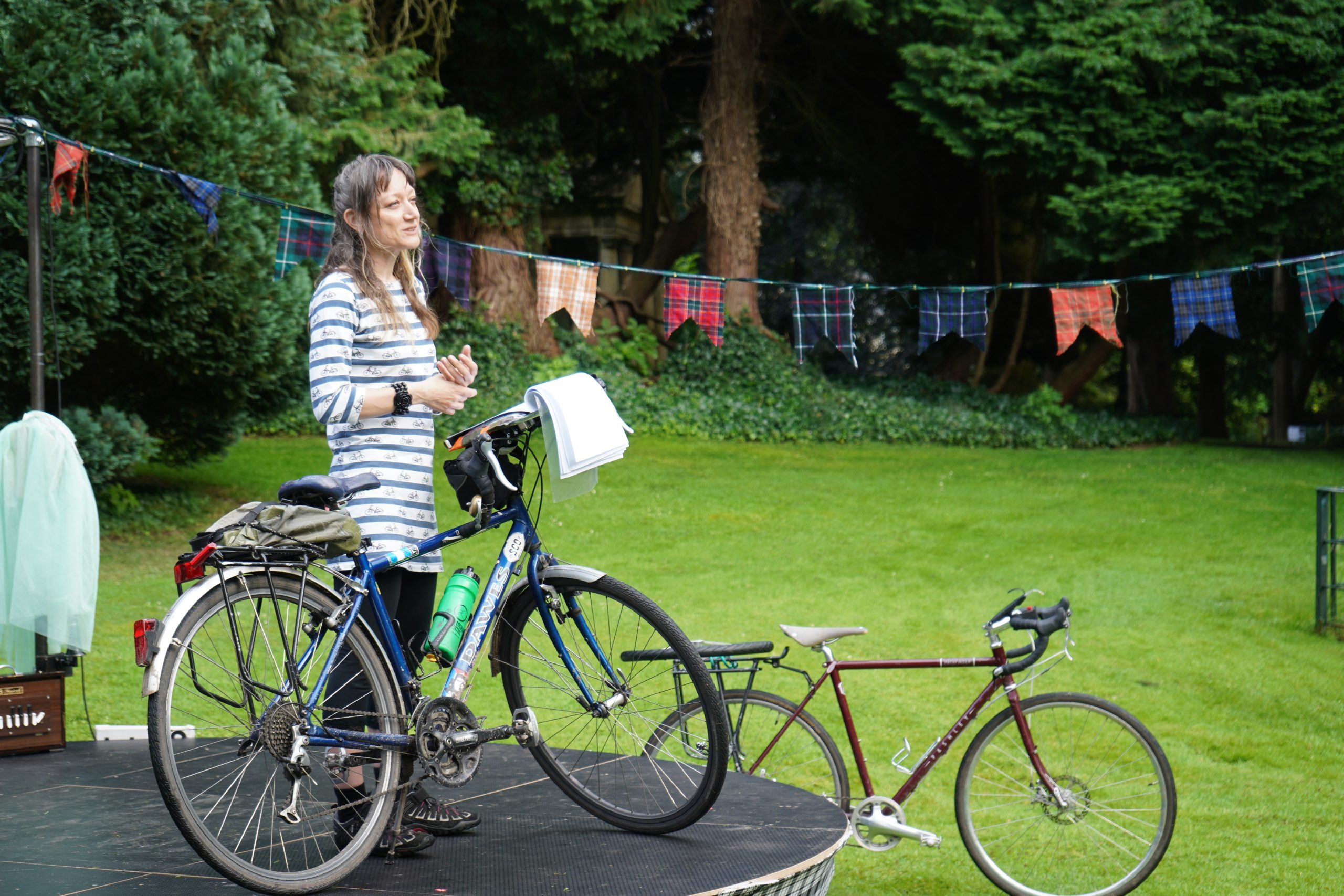
CASESTUDY: CAROLINE BURROWS
Other ethical Isa users have chosen to take more of a financial risk while supporting ethical causes. Former investment banker Manuel Peleteiro, from Scotland, has chosen to put half of this year’s Isa allowance (£10,000) into an Innovative Finance Isa (IFIsa) on the ethical investment platform Ethex.
If Isas allow investors to lend out money tax-free, and Manuel has chosen to lend to Salad Money, a lender that helps those with poorer credit scores to take out cheaper loans and ensures they also check for benefits they may be eligible for.
Salad Money is hoping to pay out ten per cent on the bond, meaning Manuel will get a far better rate than if he held the money in cash – it is risky, though, because if Salad Money went bankrupt he would not get his money back.
Manuel says he is happy with the risk, despite the fact he won’t get his money back for five years even if the project does well.
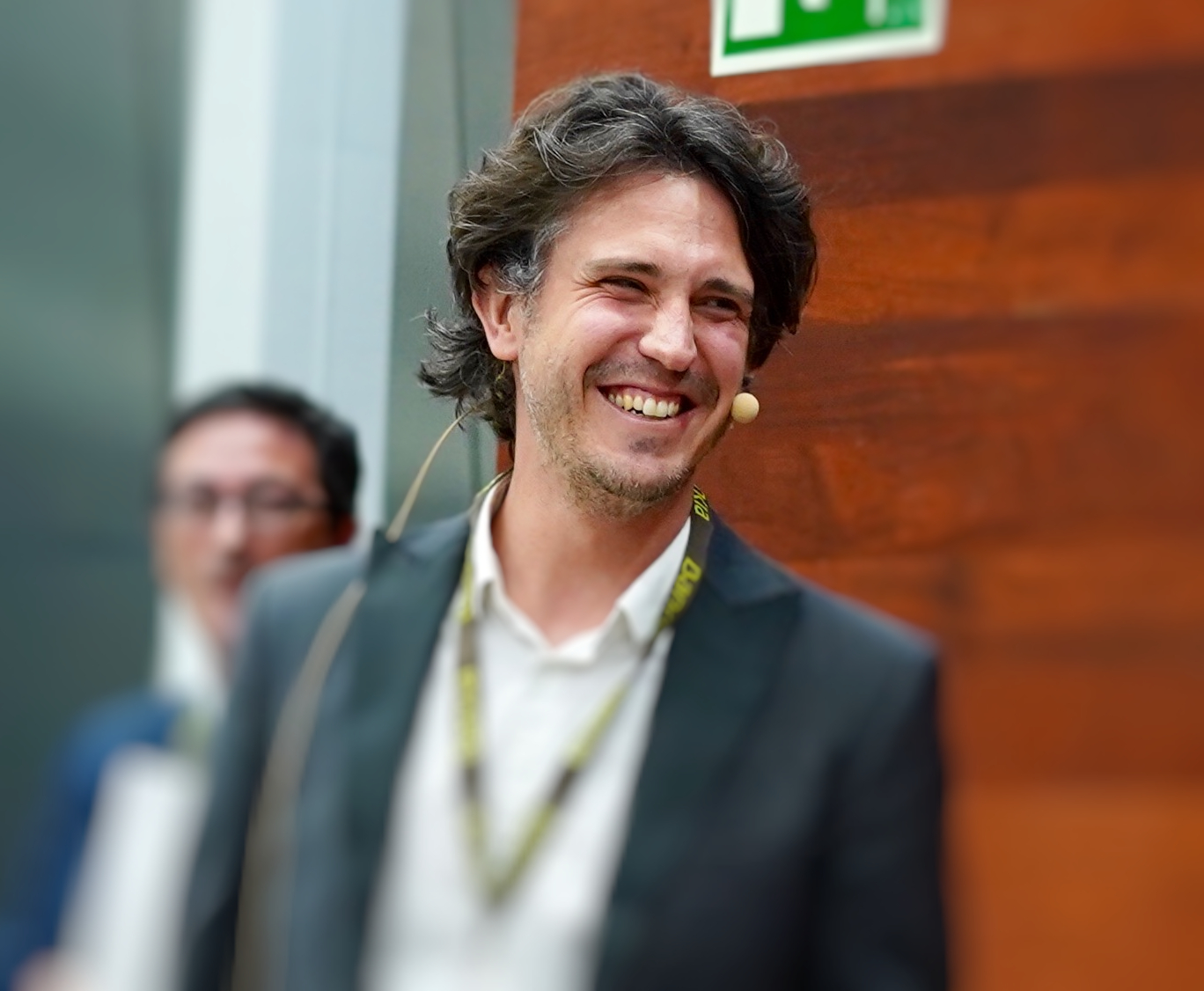
‘Ten per cent seems a fair return,’ he says.
‘I know the mission and how they help support people but the financial consideration has to make sense, too.’
Leila Green, 40, from south-east London, is another ethical investor taking advantage of tax breaks.
She opened a Lifetime Isa, or Lisa, to provide her with an income when she retires. You can save up to £4,000 a year, to which the government adds a 25 per cent bonus per year.
Unlike her husband, hedge fund manager James, entrepreneur Laila (leilagreen.com) has concentrated on choosing ethical funds for her Lisa.

CASESTUDY: LEILA GREEN
‘I picked the first fund I ever invested in because I liked the logo – it had an elephant on it and that’s my spirit animal,’ she says.
‘But overall I’ve only been interested in companies invested in things like renewable energy or otherwise doing some kind of good.
‘I was looking at that much more than past performance.”
Originally Leila’s Lisa, which invested in funds including Baillie Gifford’s Positive Change Fund, BlackRock’s Sustainable Energy fund and Stewart Investors Asia Pacific Sustainability fund, outpaced her husband’s.
‘For a while my Isas made more than I was earning in a day, and I was like, “Right, I’m laughing,”’ she says. But in recent years they have not done so well.
‘I’m watching the volatility now, but because I know I don’t need the money until I’m 60 I’m not so bothered as it is going to be tucked away until I’m older.
‘And at least with the Lisa you know that you are also getting a government bonus, which I feel gives me a bit more of a cushion when the value of funds falls sometimes’